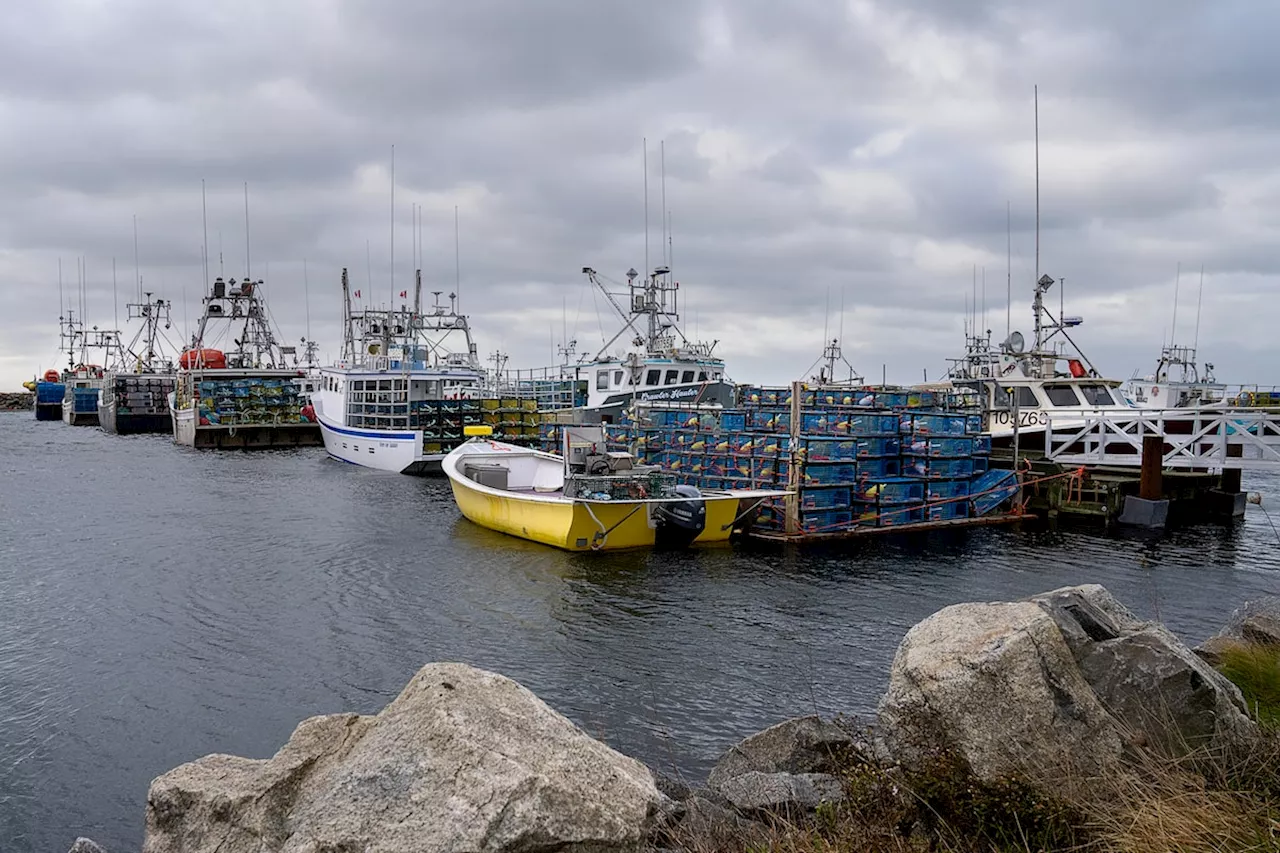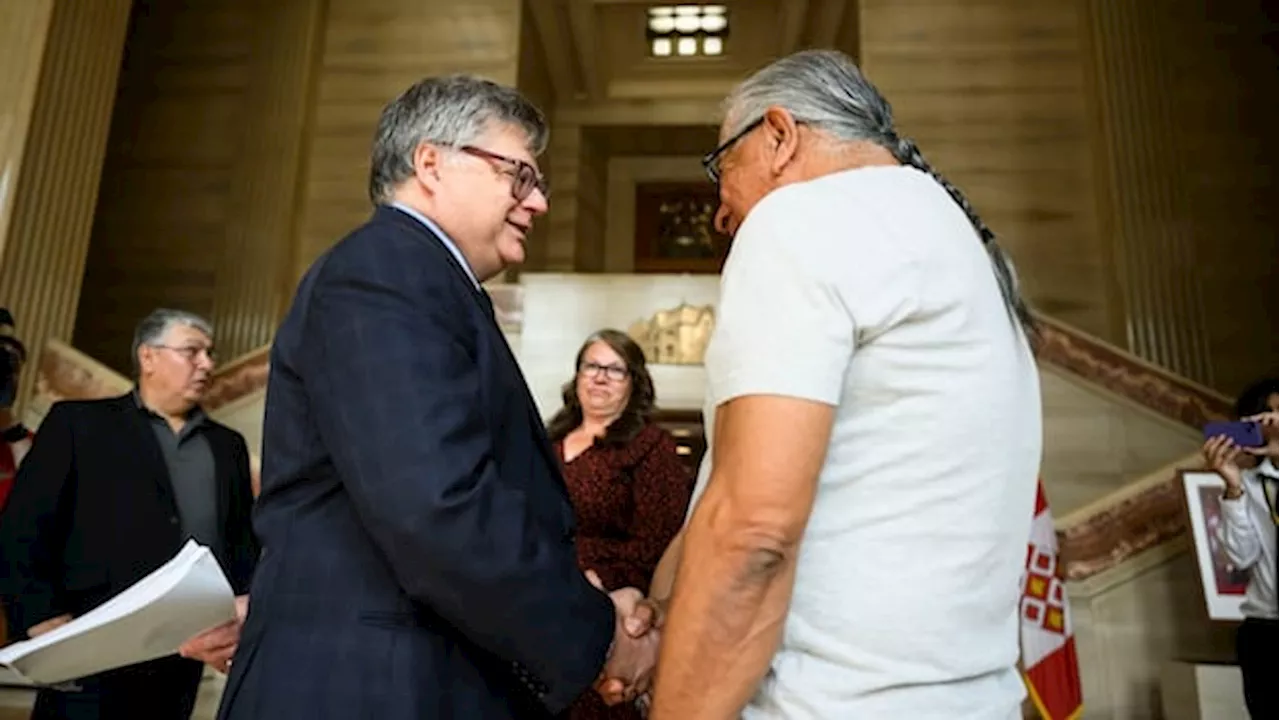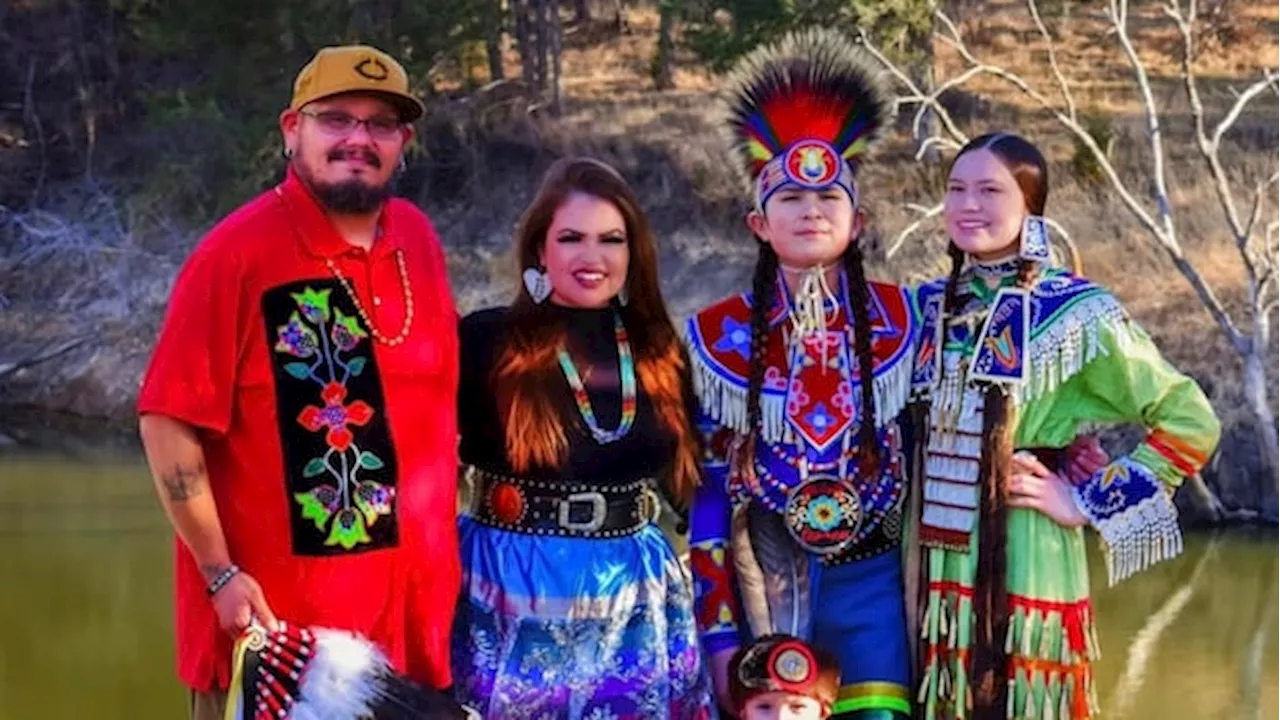As U.S. immigration policies tighten, some First Nations people are worried about the impact on their Jay Treaty rights, which allow them to freely enter the U.S. The article explores the history of the treaty, its current implications, and the concerns raised by Indigenous communities.
As concerns about U.S. immigration issues escalate with Trump's executive order on birthright citizenship and Immigration and Customs Enforcement (ICE) raids, some First Nations people are apprehensive about the potential impact on their Jay Treaty rights. Signed in 1794 between Great Britain and the United States, the Jay Treaty grants 'American Indians' born in Canada the freedom to enter the U.S. for travel, studies, employment, retirement, and immigration.
However, this privilege is not reciprocal as Canada doesn't recognize the Jay Treaty, viewing it as nullified by the War of 1812 and never formally enshrined in Canadian legislation. Jason Henry, former chief of the Chippewas of Kettle And Stony Point First Nation in southwestern Ontario, asserts that the treaty affirms the right to free movement and engagement in various activities. He emphasizes that as long as the U.S. border recognizes these rights, there is no legal impediment to exercise them. Gregory Ablavsky, Marion Rice Kirkwood professor of law at Stanford Law School in California, contends that Trump would face significant hurdles in attempting to curtail Jay Treaty rights. He explains that repealing a treaty right would necessitate an act of Congress, and the treaty's free passage provision has also been codified into federal law.In 2017, during Trump's first term, Desirae Desnomie, originally from Peepeekisis Cree Nation in Saskatchewan, relocated to the U.S. to live with her partner, who hails from the Bois Forte Band of Chippewa in Minnesota. To secure entry, Desnomie states she required a long-form birth certificate, her status card, and a blood quantum letter from her First Nation. She clarifies that having treaty status ancestors, both parents and grandparents, grants sufficient blood quantum for crossing the border, requiring a minimum of 50 percent. Desnomie's legal status as a legal alien permits her to work in the U.S. as a powwow performer, a profession shared by her entire family. Despite her documentation, Desnomie expresses anxiety regarding border crossings, citing the uncertainty surrounding potential encounters with ICE agents. She intends to assert her rights if challenged, emphasizing her ancestral connection to the land and her right to be present.The Federation of Sovereign Indigenous Nations (FSIN), representing 74 First Nations in Saskatchewan, issued a statement last week indicating that they had received reports of border agents denying Jay Treaty rights. The FSIN vowed to hold both the Canadian and U.S. governments accountable for upholding the rights of First Nations people at border crossings, stressing the historical significance of peaceful border crossings along the Medicine Line. Amidst the looming threat of tariffs, Prime Minister Trudeau recently engaged with Indigenous leaders, requesting their advocacy on behalf of Canada with their U.S. counterparts. However, not all First Nations leaders are receptive. The Mohawk Council of Kahnawà:ke, in a statement, declared their refusal to support a government with a history of disregarding Indigenous rights and involvement in systemic efforts to erase First Nations. Chief Jason Henry of Kettle and Stony Point First Nation proposes that Canada might need to adopt a more proactive approach, recognizing the potential role of First Nations in circumventing the tariffs altogether
U.S. Immigration Jay Treaty Indigenous Rights U.S. Immigration ICE Raids Border Crossings First Nations
Canada Latest News, Canada Headlines
Similar News:You can also read news stories similar to this one that we have collected from other news sources.
 Mi’kmaq chiefs in Nova Scotia reject latest offer from Ottawa for a livelihood fisheryChiefs says offer represents a threat to the inherent treaty rights of Mi’kmaq First Nations
Mi’kmaq chiefs in Nova Scotia reject latest offer from Ottawa for a livelihood fisheryChiefs says offer represents a threat to the inherent treaty rights of Mi’kmaq First Nations
Read more »
 Presidents of Russia and Iran meet in the Kremlin ahead of signing partnership treatyMOSCOW (AP) — The presidents of Russia and Iran held talks in the Kremlin on Friday before signing a broad cooperation pact.
Presidents of Russia and Iran meet in the Kremlin ahead of signing partnership treatyMOSCOW (AP) — The presidents of Russia and Iran held talks in the Kremlin on Friday before signing a broad cooperation pact.
Read more »
 Putin, Iranian counterpart hold talks in Moscow ahead of strategic partnership treaty signingIranian President Masoud Pezeshkian said he thought the two leaders might be able to finalize an agreement on building a nuclear power plant in Iran with Russian help
Putin, Iranian counterpart hold talks in Moscow ahead of strategic partnership treaty signingIranian President Masoud Pezeshkian said he thought the two leaders might be able to finalize an agreement on building a nuclear power plant in Iran with Russian help
Read more »
 Garden River First Nation Member Protests for Additional Treaty Settlement DistributionRene Belleau, a member of Garden River First Nation, chained herself to her vehicle outside the band office, demanding another payout from the Robinson Huron Treaty settlement. She argues that band members should receive a 100-per-cent per capita distribution, similar to other First Nations in the treaty territory, and criticizes the leadership for silencing dissent and canceling council meetings.
Garden River First Nation Member Protests for Additional Treaty Settlement DistributionRene Belleau, a member of Garden River First Nation, chained herself to her vehicle outside the band office, demanding another payout from the Robinson Huron Treaty settlement. She argues that band members should receive a 100-per-cent per capita distribution, similar to other First Nations in the treaty territory, and criticizes the leadership for silencing dissent and canceling council meetings.
Read more »
 First Nations Reject $3.6 Billion Offer, Seek Supreme Court's Intervention in Treaty DisputeAfter rejecting a $3.6 billion offer from the Canadian and Ontario governments, First Nations along Lake Superior are taking their fight for treaty justice to the Supreme Court. This comes after a six-month deadline set by the Supreme Court for negotiations expired this week.
First Nations Reject $3.6 Billion Offer, Seek Supreme Court's Intervention in Treaty DisputeAfter rejecting a $3.6 billion offer from the Canadian and Ontario governments, First Nations along Lake Superior are taking their fight for treaty justice to the Supreme Court. This comes after a six-month deadline set by the Supreme Court for negotiations expired this week.
Read more »
 Robinson Superior Treaty Negotiations Break Down, Court to Decide CompensationNegotiations between 12 First Nations and the Canadian and Ontario governments over compensation for breached annuities have failed. The Supreme Court had set a deadline of January 26th for an offer, but the $3.6 billion proposed by Canada and Ontario was deemed insufficient by the First Nations. The court will now determine a fair compensation amount.
Robinson Superior Treaty Negotiations Break Down, Court to Decide CompensationNegotiations between 12 First Nations and the Canadian and Ontario governments over compensation for breached annuities have failed. The Supreme Court had set a deadline of January 26th for an offer, but the $3.6 billion proposed by Canada and Ontario was deemed insufficient by the First Nations. The court will now determine a fair compensation amount.
Read more »
